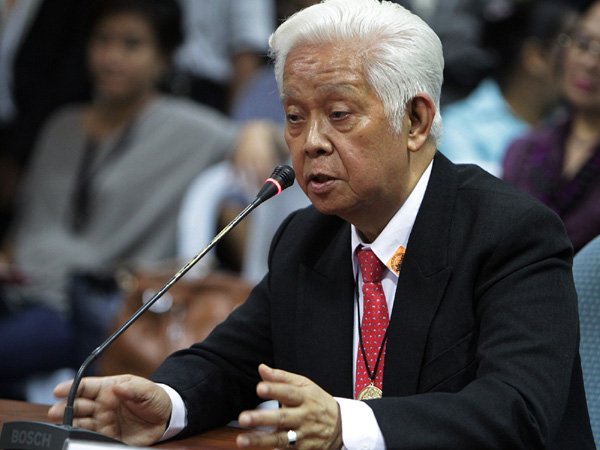
MANILA, Philippines – A total of 544 establishments voluntarily adopted flexible work arrangements, such as the compressed work week in 2013, to improve business competitiveness and productivity.
Labor and Employment Secretary Rosalinda Dimapilis-Baldoz bared this yesterday, saying that the 544 establishments implemented the compressed work week scheme after consultation and in agreement with their employees.
“They did this to cut cost in utility consumption, and more importantly, to provide their employees with additional rest and more time to spend with their families,” she said.
The concept of a flexible work arrangement refers to alternative work arrangement or schedule other than the traditional, or standard, work hours, work days, and work week that aims to give employers and employees flexibility in fixing hours of work compatible with business requirements and the employees’ need for work-life balance, Baldoz explained.
Director Catherine Legados-Parado of the Bureau of Working Conditions (BWC), reported to Sec. Baldoz the top five regions having the most number of establishments that implemented the compressed work week scheme in 2013 were the National Capital Region (NCR), with 257 establishments; Region 7, with 163 establishments; Region 4-A, with 64 establishments; and Regions 3 and 9, with 17 establishments each.
On the other hand, the top five industries which adopted the scheme were the manufacturing industry, 118 establishments; customer service/BPO, 114 establishments; services, 81 establishments; retail, 36 establishments; and export trading, 31 establishments.
The compressed work week scheme is allowed under DOLE Advisory No. 4, Series of 2010, or the “Guidelines on the Implementation of Flexible Work Arrangements and the Exemption from the Night Work Prohibition for Women Employees in the Business Process Outsourcing Industry.”
Under the DOLE Advisory, companies and their employees may consider the following three flexible arrangements:
• Compressed work week, where the normal work week is reduced to less than six days, but the total number of work hours of 48 hours per week remains. In this arrangement, the normal work day is extended to more than eight hours without corresponding overtime premium, but should not exceed 12 hours.
• Gliding, or flexi-time schedule, where the employees are required to complete the core work hours, but are free to determine their arrival and departure time.
• Flexi-holidays schedule, where the employees agree to avail the holidays at some other days, provided there is no diminution of existing benefits as a result of such arrangement.
The idea of a compressed work week and other flexible working arrangements has generated interest among sectors as a way to minimize vehicular traffic in Metro Manila.
Baldoz emphasized, however, that the implementation of any flexible work arrangement shall be based on a voluntary agreement between the employer and the employee.
“That’s the way to gauge its effectivity. Also, it shall in no case result to the diminution of existing employee benefits. The parties to the arrangement shall be primarily responsible for its administration and differences in interpretation shall be treated as grievance under the applicable grievance machinery of the company, if there is any,” she said, adding, finally:
“If there is no grievance mechanism, or if this mechanism is inadequate, the grievance shall be referred for appropriate conciliation to the DOLE regional office which has jurisdiction over the workplace.”








Leave a Reply